At discussion group No. 6, the National Assembly Delegation (NAD) of Hue City and the delegations of Dong Nai and Lang Son contributed many profound opinions, focusing on major issues such as: Attracting high-tech talents, perfecting financial institutions in the field of national defense and security, ensuring digital sovereignty and strengthening the National Assembly's supervisory role in international integration.
|
Delegate Nguyen Hai Nam expressed his opinion at the discussion. Photo: Provided by the City's National Assembly Delegation |
Attracting high-tech experts with flexible visa mechanism
Participating in the discussion, delegate Nguyen Hai Nam (National Assembly Delegation of Hue City) proposed that the draft Law on Entry and Exit (amended) should consider adding a type of visa specifically for high-tech experts, businessmen and remote workers.
According to the delegate, many countries have applied flexible visa policies, allowing technology experts to work across borders for 1-3 years, with an income of 3,000 - 5,000 USD/month. "This policy not only helps attract high-quality human resources, but also creates a vibrant innovation environment in large cities," Mr. Nam emphasized.
He said that Vietnam is aiming to build an international financial center and an innovative city, so attracting technology talent will be an important lever to promote digital transformation and economic growth. “We can learn from Shanghai (China), where attracting talent is considered a key factor in the smart urban development strategy,” said Mr. Nam.
Delegate Nguyen Hai Nam affirmed that if institutionalized, this policy will contribute to concretizing Resolutions 57 and 68 of the Politburo, while creating more jobs, increasing GDP growth and forming a modern, synchronously developed urban ecosystem.
Regarding the draft Law amending and supplementing a number of articles of the Law on International Treaties, delegate Nguyen Thi Suu, Deputy Head of the National Assembly Delegation of Hue City, said: The Law needs to continue to be improved in three directions: First, for mixed treaties with contents related to many agencies, there needs to be a mechanism for coordinating inter-sectoral review, allowing the Government to submit to the National Assembly for decision on the scope of ratification. Second, for electronic international treaties, it is necessary to clearly stipulate technical standards, authentication and safe storage, and assign the Ministry of Foreign Affairs to coordinate with the Ministry of Information and Communications to guide implementation. Third, it is necessary to strengthen the National Assembly's supervisory role by organizing periodic thematic supervision every three years for major trade and investment agreements such as the WTO, CPTPP, EVFTA, instead of just through annual reports.
Financial transparency in the management of defense and security industry funds
Discussing the draft Law on Defense Industry, Security and Industrial Mobilization, delegate Nguyen Thi Suu highly appreciated the strategic vision of the draft when linking the development of defense and security industry with innovation and international integration. However, to ensure feasibility, Ms. Suu emphasized the requirement of financial transparency and clear responsibility in managing investment funds.
According to Ms. Suu, the draft currently stipulates two extra-budgetary State financial funds, including the Defense Industry Fund (managed by the Ministry of Defense) and the Security Industry Development Investment Fund (managed by the Ministry of Public Security). This is a flexible mechanism, suitable for the risky investment nature of the industry, but it is necessary to clearly stipulate the independent auditing mechanism, supervision and capital allocation authority to avoid overlap, ensure transparency and compliance with international practices.
|
Delegate Nguyen Sy Quang participated in the discussion. Photo: Provided by the City's National Assembly Delegation |
Delegate Suu also proposed binding corporate responsibilities when contributing to the fund: “Corporates that contribute should enjoy priority access to projects, contracts or products. This is a transparent 'win-win' mechanism, avoiding the exploitation of the fund as a disguised investment channel.”
Ms. Suu also proposed establishing a Fund to support research and innovation in defense and security technology, similar to the National Science and Technology Development Fund, to create a sustainable financial foundation for mastering core technology, serving the goal of self-reliance and protecting national sovereignty.
According to delegate Nguyen Sy Quang (National Assembly Delegation of Dong Nai province), the promulgation of the Law on National Defense and Security Industry and Industrial Mobilization is very necessary and timely in the context of a rapidly changing and complex world.
Mr. Quang said that the Ministry of Public Security is gradually building an autonomous security industry, after receiving and managing large enterprises such as Mobifone from SCIC and FPT Telecom. “From the conflicts in Russia - Ukraine or the Middle East, it can be seen that the need for self-reliance in the defense - security industry is urgent. No country can depend on outsiders in this field,” he emphasized.
Delegate Nguyen Sy Quang supported the establishment of a Security Industry Development Investment Fund, parallel to the Defense Industry Fund, to mobilize social resources and accept risky investments to "take shortcuts and take the lead in new technology".
Mr. Quang also proposed to build a new Law on Cyber Security, inheriting the Law on Network Information Security and the Law on Cyber Security 2018, to better suit the requirements of protecting national digital sovereignty. One of the urgent issues, according to him, is the management and retrieval of user IP addresses. “Currently, many network operators have not fully cooperated; while they collect fees every day, when investigating crimes, they cannot provide IP addresses,” Mr. Quang reflected.
Delegates proposed requiring social network users to register their real identities, but still be allowed to use different display names, to increase the ability to trace and prevent cybercrime and online fraud, which currently account for 60% of criminal cases.
In addition, he warned of the risk from imported technology devices with “backdoors” that allow remote access to data. “We must boldly encourage research, production and use of domestic technology products. To protect digital sovereignty, we must have self-sufficient products and technology,” delegate Nguyen Sy Quang emphasized.
Le Tho
Source: https://huengaynay.vn/chinh-tri-xa-hoi/theo-dong-thoi-su/nhieu-y-kien-tam-huyet-gop-y-cac-du-an-luat-lien-quan-den-an-ninh-quoc-phong-va-hoi-nhap-quoc-te-159447.html


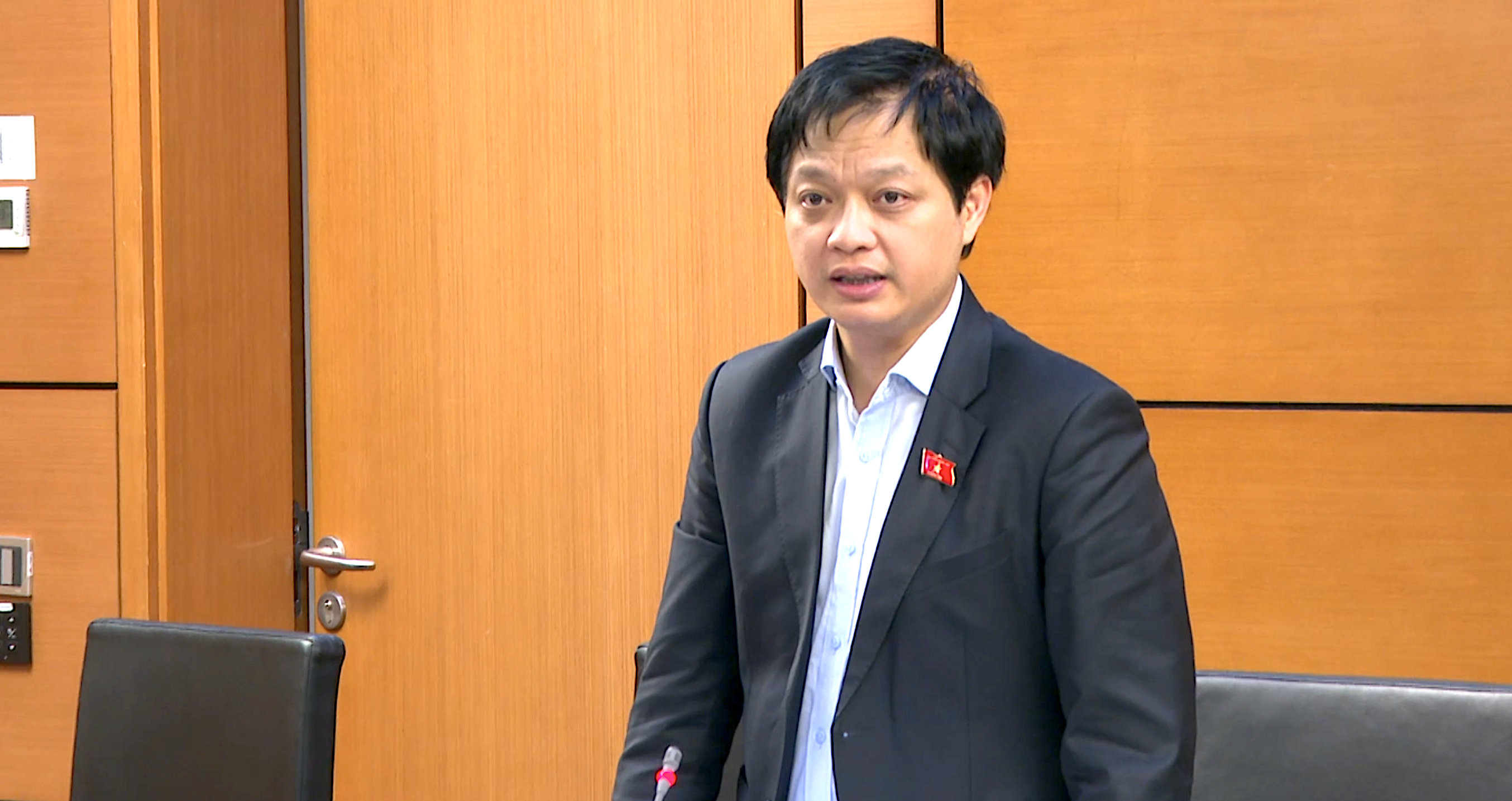
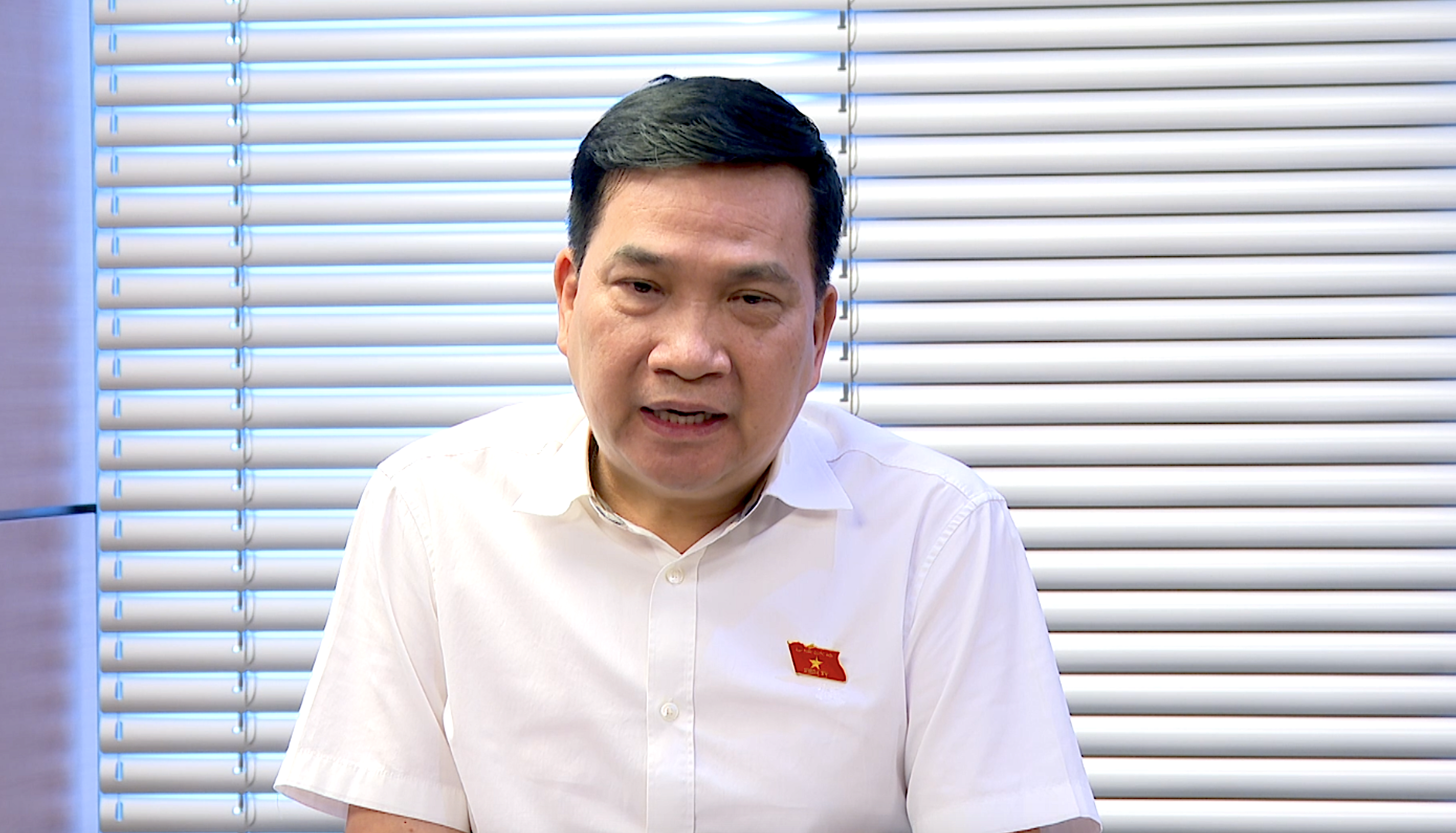



![[Photo] Da Nang: Water gradually recedes, local authorities take advantage of the cleanup](https://vphoto.vietnam.vn/thumb/1200x675/vietnam/resource/IMAGE/2025/10/31/1761897188943_ndo_tr_2-jpg.webp)


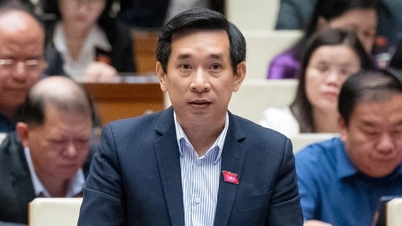

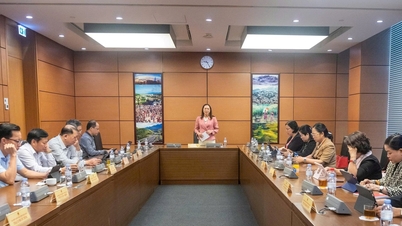

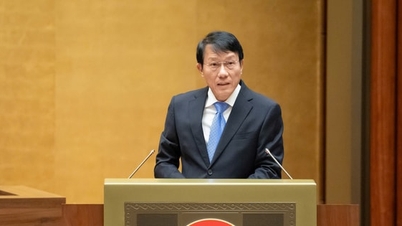

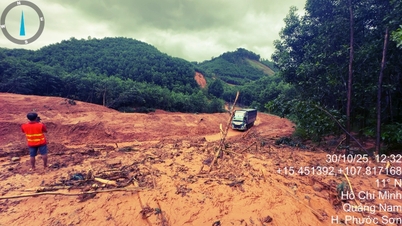

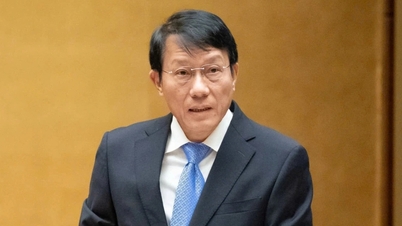
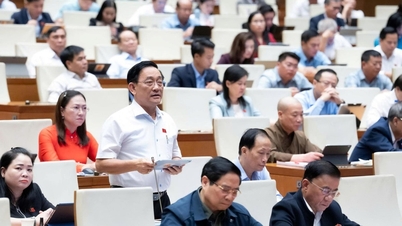

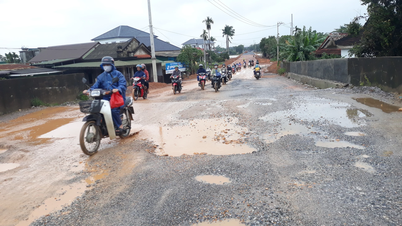



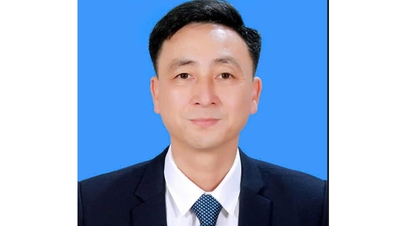

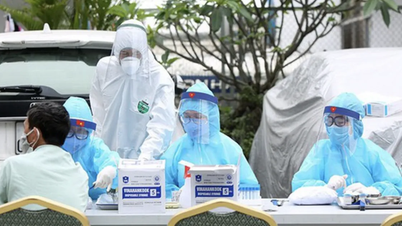

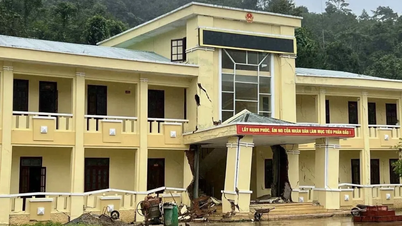




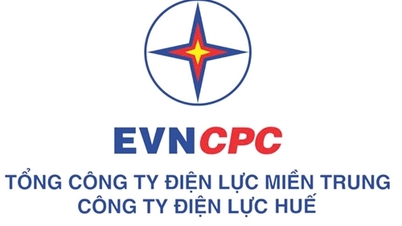
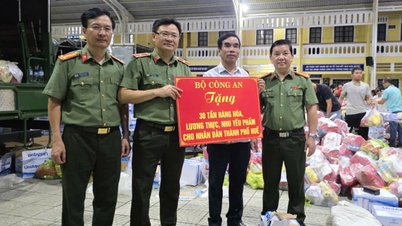
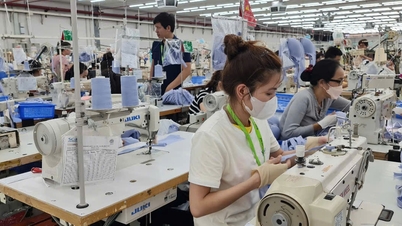

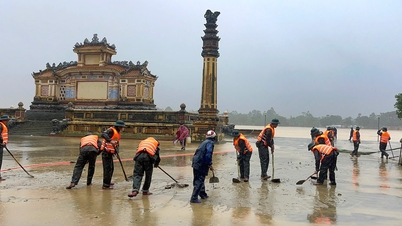



































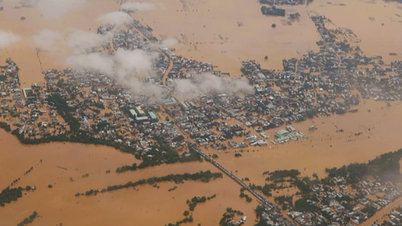

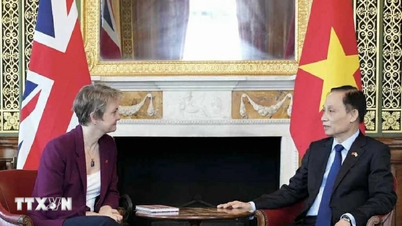
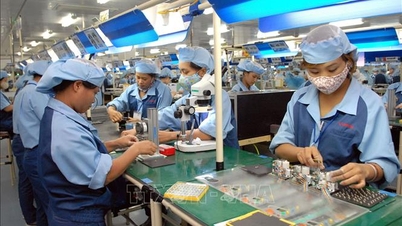
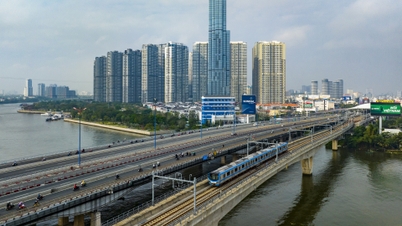


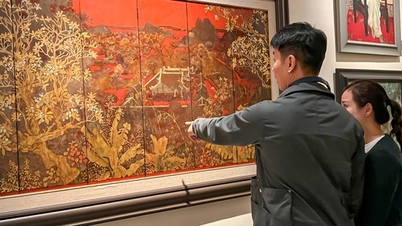
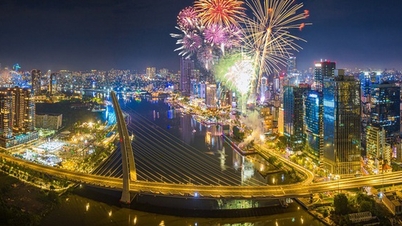










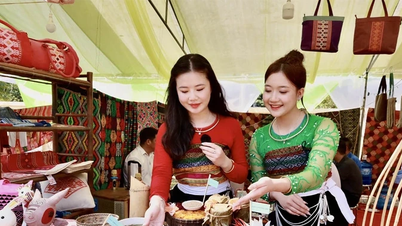


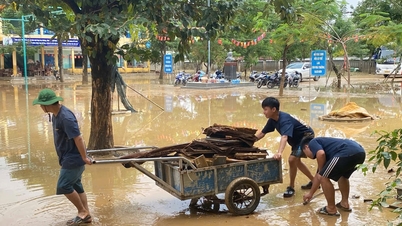
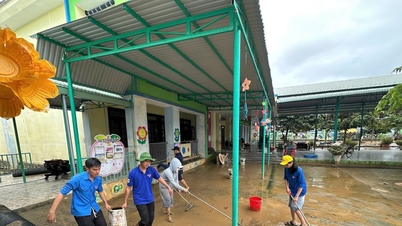














Comment (0)